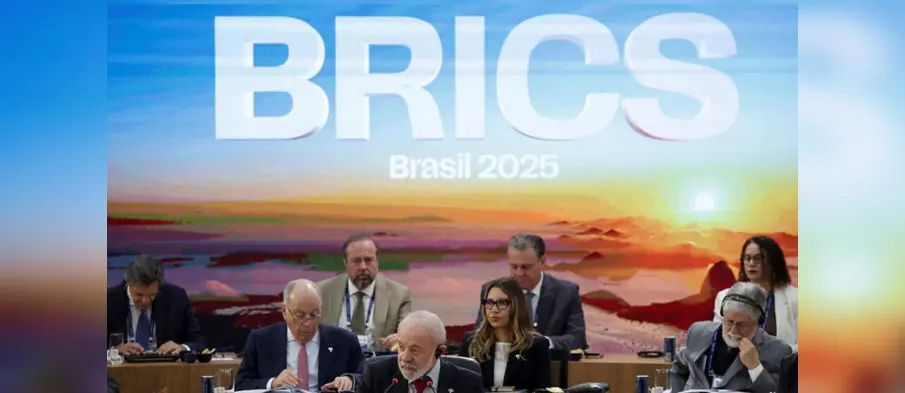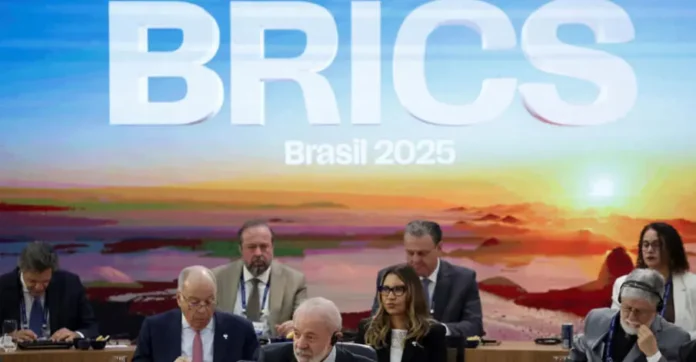
At the two-day BRICS summit held in Rio de Janeiro, leaders from the bloc of emerging nations emphasized the urgent need for safeguards against the unauthorized use of artificial intelligence (AI), highlighting concerns over data exploitation and fair compensation. According to a draft declaration viewed by Reuters, the BRICS leaders plan to advocate for protections that ensure AI does not lead to excessive data collection and includes mechanisms for equitable payment—especially as global tech giants, primarily based in wealthier nations, face criticism for not compensating creators for content used in training AI systems.
The summit also addressed broader geopolitical tensions, with BRICS leaders condemning attacks on Gaza and Iran, pushing for reforms in global governance institutions, and positioning the group as a defender of multilateral diplomacy amid increasing international conflict and economic nationalism.
In his opening address, Brazilian President Luiz Inacio Lula da Silva drew historical parallels to the Non-Aligned Movement, a Cold War-era coalition of nations that sought to remain independent from superpower blocs. “BRICS is the heir to the Non-Aligned Movement,” Lula stated, adding that “with multilateralism under attack, our autonomy is in check once again.”
The BRICS alliance—originally formed in 2009 by Brazil, Russia, India, and China—later expanded to include South Africa and, more recently, Egypt, Ethiopia, Indonesia, Iran, Saudi Arabia, and the United Arab Emirates. The current summit marks Indonesia’s debut as a BRICS leader, highlighting the bloc’s growing influence. Today, BRICS represents over half of the world’s population and 40% of global economic output, according to Lula.
Despite its rising prominence, the bloc faces challenges in aligning the interests of its increasingly diverse membership, which includes both regional competitors and major economies. Notably, Chinese President Xi Jinping opted to send his premier instead of attending in person, while Russian President Vladimir Putin joined virtually due to an arrest warrant issued by the International Criminal Court.
Still, the summit saw strong participation, with leaders such as India’s Prime Minister Narendra Modi and South African President Cyril Ramaphosa convening at Rio’s Museum of Modern Art. Over 30 countries have shown interest in joining BRICS, either as full members or strategic partners, reflecting a global shift toward alternative diplomatic forums outside traditional Western-led structures.





